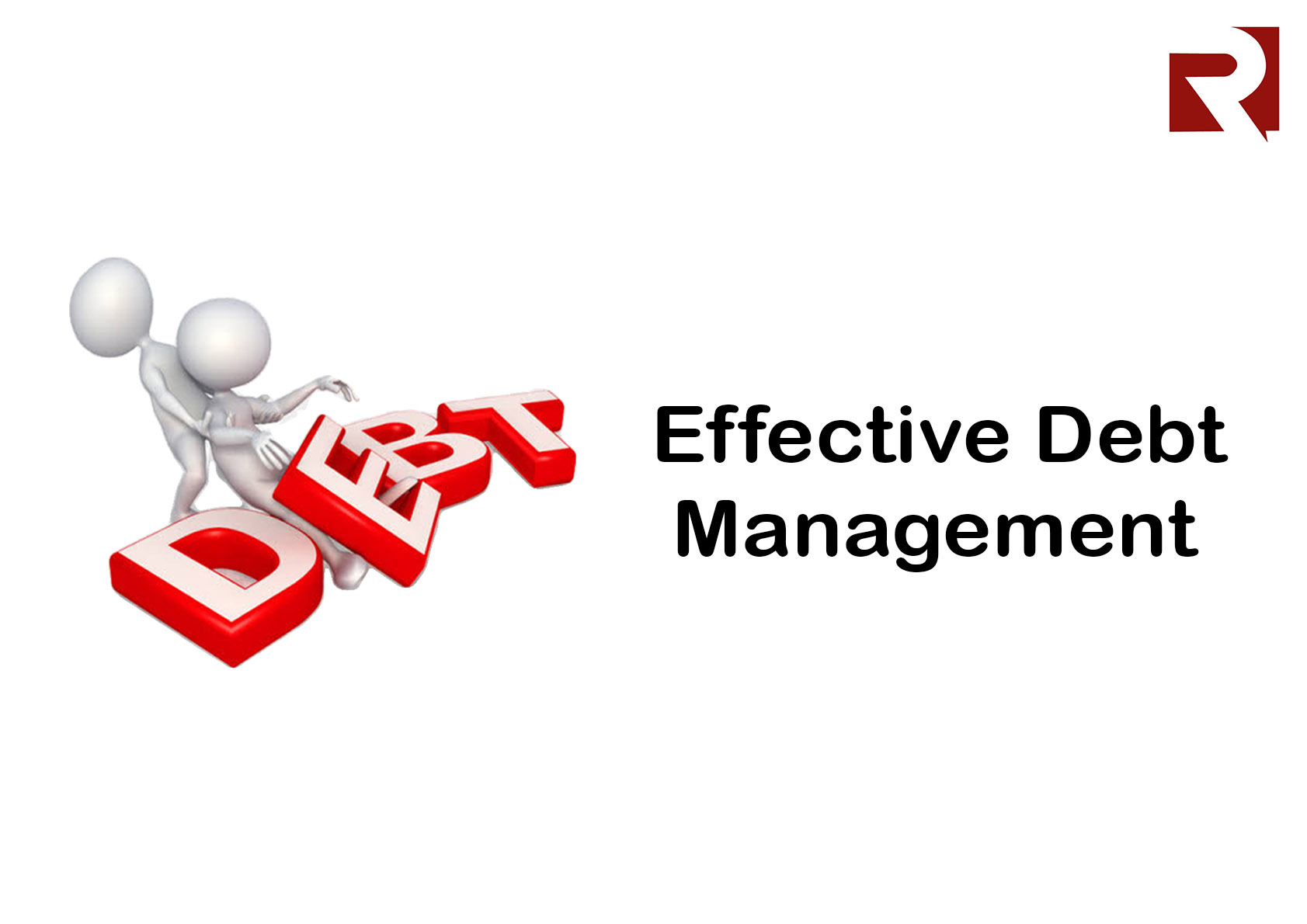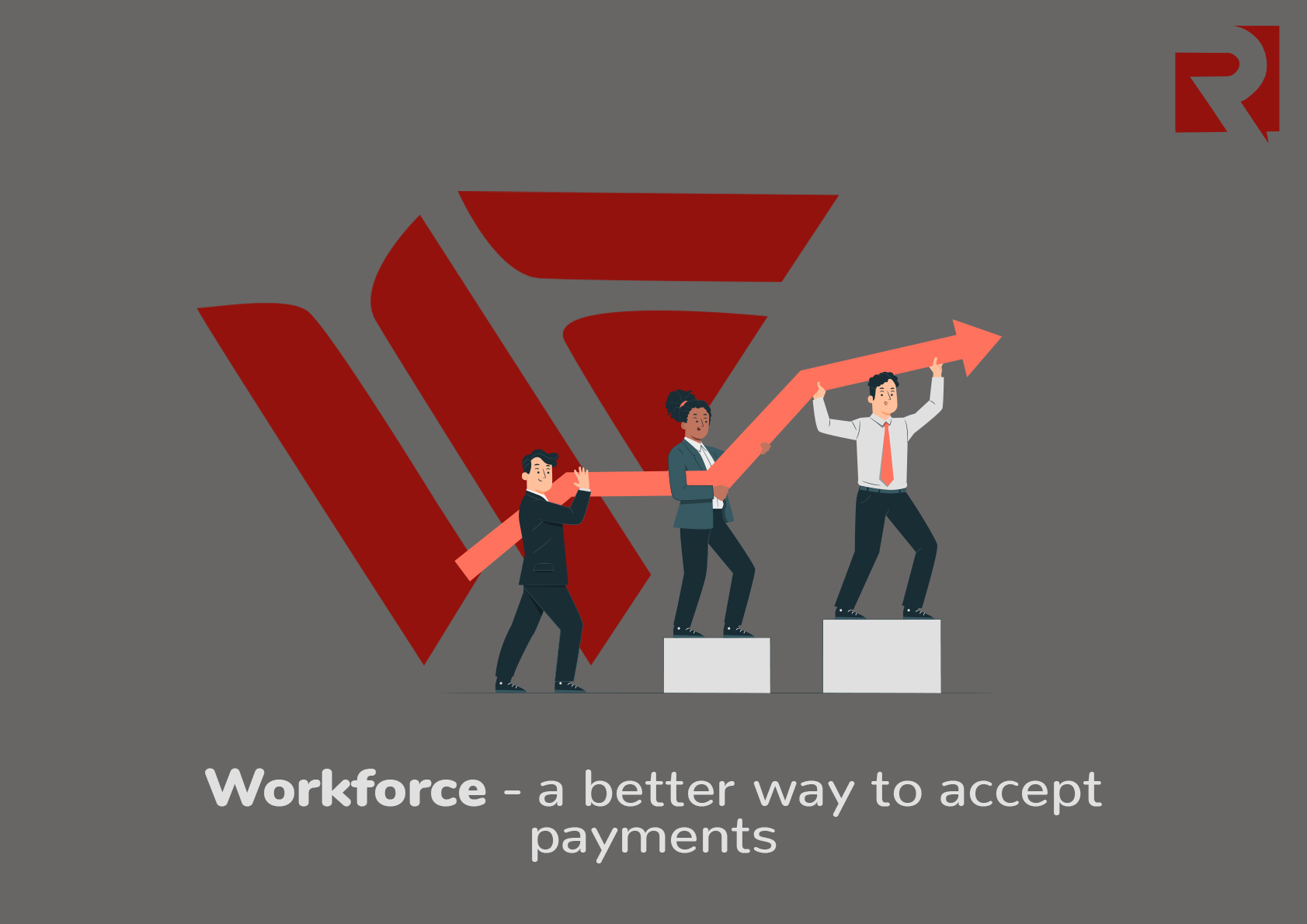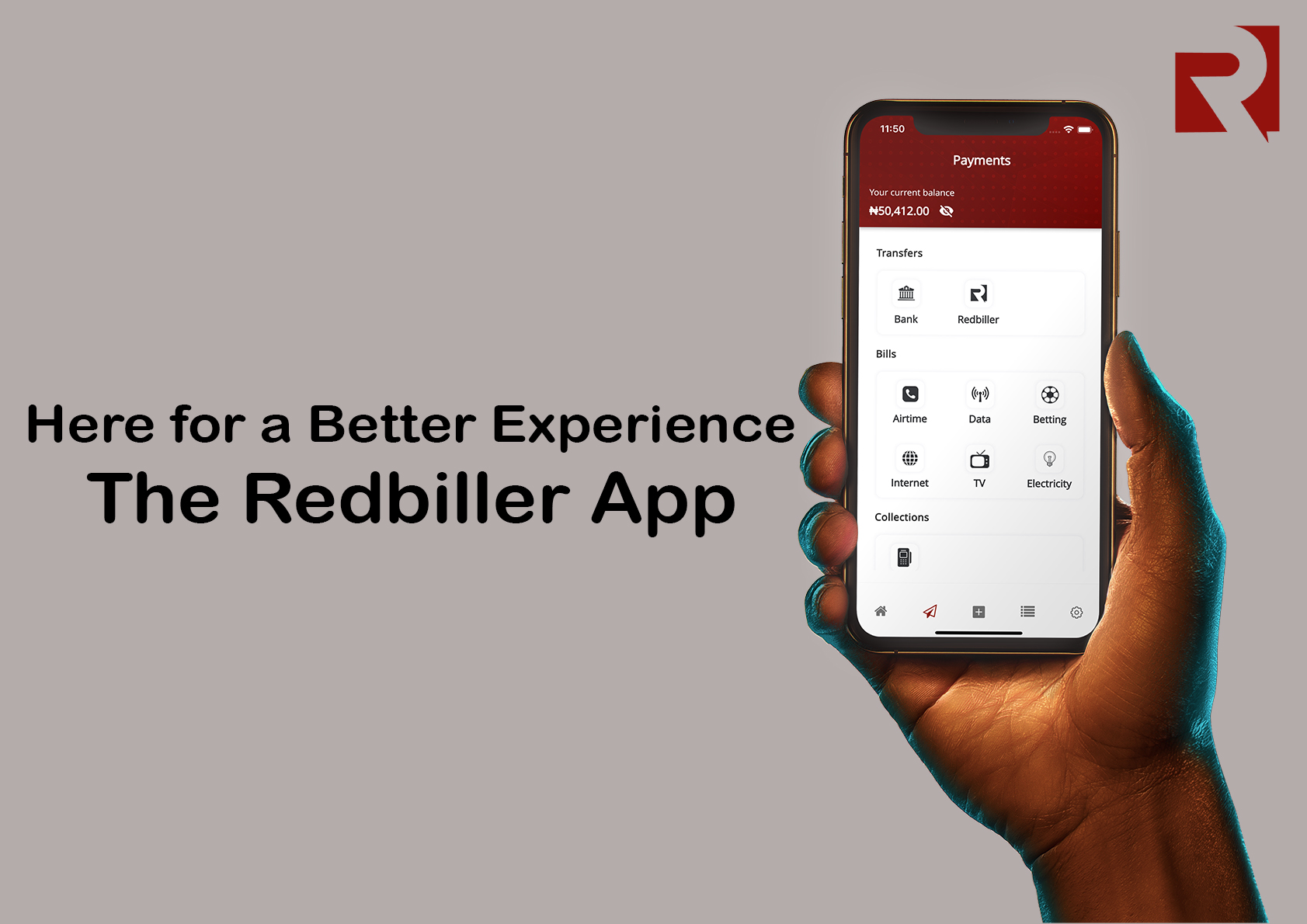Nobody starts their business intending to end up in debt. Yet, it is not something you can avoid entirely in running a business. And it goes beyond managing your finances properly and doing every other thing right. An unforeseen situation can arise anytime and throw you off balance, for example, the lockdown. Who would have thought anything would keep us in for that long in this century.
The process of expansion and growth can put you in debt situations. You might want to take on a project that you cannot fully finance and need a loan. Evolving market trends, price hikes, exchange rates, unprofitable investments can all result in debts. Running a business comes with lots of risks, and it is not every time you scale through unscathed.
While debt situations are typical in business, they can have grave implications on the business’ progress, particularly when prolonged. Many companies have had to close down because of overwhelming debt that their cash flow cannot pay back. But many more companies have emerged from debt stronger and bigger. It all boils down to management. Here are five tips for effective debt management.
Don’t add to it
This is the most crucial point to note. When you have a loan you are servicing already, don’t get another one. Getting a loan is just one of the ways to raise money. It is not the only way. A lot of businesses start with just small debt. It is brushed aside as something insignificant. And then they carelessly incur more debt till it becomes too big to handle.
Also, don’t get a loan to pay off another loan. It might let you off the hook temporarily, but the reality is, you are still in debt. A bigger debt even, because now you have added interest to pay.
Cut Cost
This should be a natural response to being in debt. But just in case you haven’t thought of it yet, here you have it, slim fit your coat to your current size! If the business can function well without it, then don’t get it. If you can wait a little longer before getting it, then wait. If there is a cheaper or a smaller option, go for it instead.
If you keep spending money you don’t have, your company will end up in bankruptcy. Downsizing might be a difficult option, but when it becomes necessary, don’t hesitate. It is better to downsize than close down. You can outsource in place of employing new staff or buying new production equipment.
Renegotiate Payment Terms
If your Cash flow cannot service your loan conveniently, renegotiate the payment terms. The interest will surely increase, but it is better than defaulting. Defaulting means your interest will continue to grow with an increased risk of losing the loan collateral and even your company.
Raise Funds
A quick way out is to raise funds through investors. Of course, this means they will have a stake in your business, which is not a bad thing, to begin with. Not only will you be debt-free, but you will also be able to raise money to expand.
Liquidating Assets is also a viable option. You can invest in assets again once you are back on your feet. It is one of the reasons for having assets in the first place.
Increase Cash Flow
Don’t just focus on increasing profit work on improving your cash inflow. The increased profit should reflect in your cash inflow. If you have payment plans for your customers, you can increase the percentage of the downpayment or make it mandatory. You can shorten the payment duration. Also, you can introduce new products that are in demand and work on increasing the customer base.
While these tips are practical and helpful, it is also a good idea to get professional help. Managing debt can be pretty tricky, and with many tempting options looking like the way out. It can also be quite demanding to combine it with managing your business. A professional will not only help you clear your debts but also help you emerge stronger. Being in debt is not the end. It’s just a phase.



